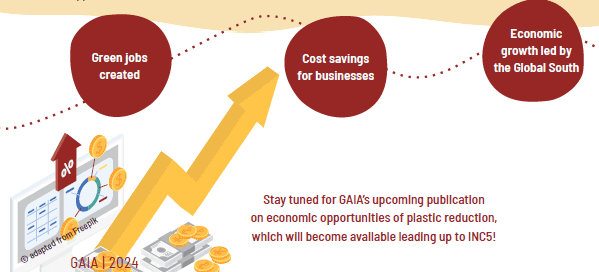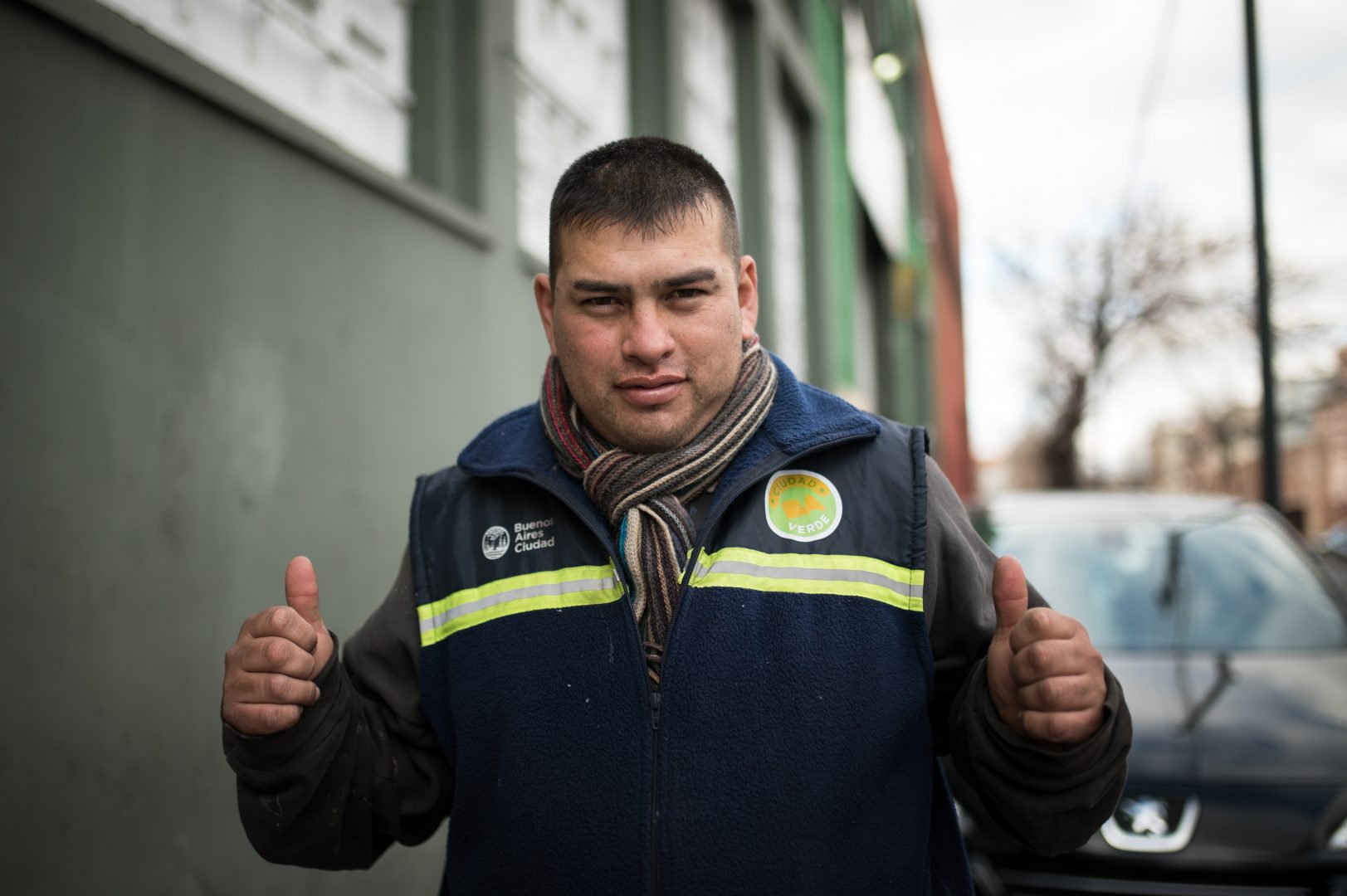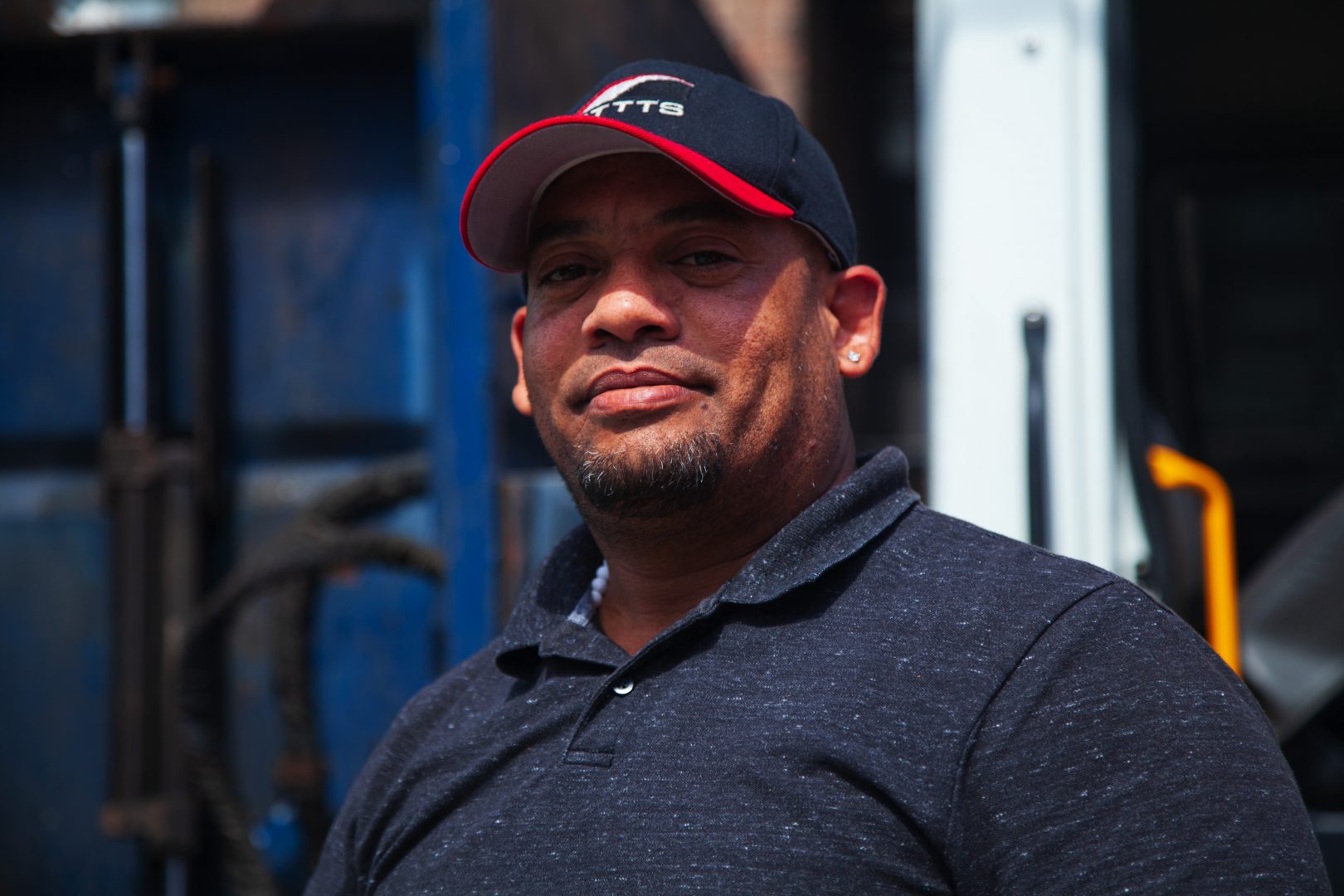A SOCIETY BASED ON HUMAN VALUES & ENVIRONMENTAL JUSTICE
A zero waste society isn’t based on values related to corporate profit, but on human values related to community, culture, health, respect, and equity. As much as zero waste is about conserving resources, it is equally about the inclusive, equitable, and just manner by which we go about this conservation.
Social justice plays a central role, as it’s inherently tied to environmental justice. Highly toxic incinerators, dumps, landfills, and burn facilities are disproportionately located in lower income communities, communities of color, and marginalized communities. These overburdened communities are therefore forced to pay the highest price, and have a right to know the true cost these facilities have on their health and environment.
Our current waste crisis and bankrupt recycling system also asymmetrically affects countries in the Global South, to which countries in the Global North offload their waste. No community should be burdened with another’s trash. Waste colonialism reinforces structural inequalities, which is blatant in the way waste workers are treated despite their perilous and invaluable work.
In order to heal the systemic inequalities & institutional racism endemic to our waste crisis, communities most impacted by waste must have a central voice in the distribution of resources and the design of zero waste programs if these are to be just and equitable.
In many countries, waste pickers built recycling systems from scratch and against all odds. It is imperative that governments acknowledge their contributions and make them central to their zero waste plans by providing them with a dignified livelihood, formally including them in our economy, and investing in their work.
JUSTICE & EQUITY IN ACTION
In Sasolburg (South Africa) and Buenos Aires (Argentina), informal recyclers worked in dangerous conditions and were often harassed by law enforcement, despite providing a vital service to the community. These workers banded together to form powerful cooperatives that fought—and eventually won—the right to be recognized formally as city workers, with good wages and protections.
In Boston, founders of CERO, a composting company providing food waste diversion and pick up services, noticed that although there was a rising interest and investment in sustainability, little to none of that investment was directed towards marginalized communities. By creating a worker cooperative by and for lower income communities and communities of color, CERO became a model of both sustainability and equity.
Featured Resources
- Inclusion of Waste Pickers in Zero Waste Programs: The Case of Buenos Aires City
- Principles for a Zero Waste Just Recovery
- Making Waste Work. The South African Waste Pickers’ Association’s Success Stories
WHAT MEMBERS SAY ABOUT GAIA
Waste pickers and workers around the globe were badly hit by the pandemic. Their contribution to the community is vital, yet they are often neglected by the community they serve. Listen to the voices of those who deserve more, and deserve better.
Zero waste systems vs. traditional waste management
Repair creates over 200 times as many jobs as landfills and incinerators.
Recycling creates over 50 times as many jobs as landfills and incinerators.
Remanufacturing creates almost 30 times as many jobs as landfills and incinerators.






























